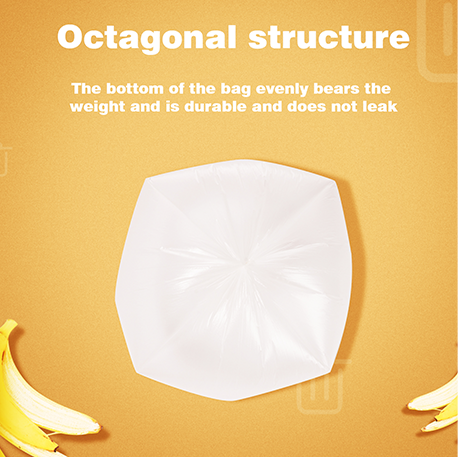compostable parcel bags
Understanding Compostable Parcel Bags A Sustainable Solution for Shipping
In recent years, environmental concerns have pushed industries to seek sustainable alternatives to conventional packaging. One such innovation is the compostable parcel bag. These bags are designed to decompose into natural substances in a composting environment, making them a more eco-friendly option for businesses and consumers alike.
Compostable parcel bags are typically made from materials like plant-based bioplastics, which can break down into organic matter when exposed to the right conditions, such as moisture and heat. Unlike traditional plastic bags that can take hundreds of years to degrade, compostable bags can decompose within a few months, minimizing their impact on landfills and our planet.
One of the key benefits of using compostable parcel bags is their ability to reduce plastic waste. As online shopping continues to grow, the demand for packaging has skyrocketed. Traditional plastic bags contribute significantly to environmental pollution, with millions of tons ending up in oceans and landscapes. By switching to compostable options, retailers can help mitigate this problem and contribute to a circular economy.
compostable parcel bags

Moreover, compostable bags are not only environmentally friendly but also functional. They are designed to carry similar weights as traditional plastic bags, ensuring that they meet the needs of shippers and consumers alike. Additionally, many compostable parcel bags come with a certification, ensuring that they meet strict standards required for compostability, such as the ASTM D6400 or EN13432 certifications. This gives consumers peace of mind that their purchasing choice is indeed beneficial for the environment.
However, it's essential to note that compostable bags must be disposed of correctly to achieve their ecological potential. They require specific conditions to break down effectively, typically found in industrial composting facilities. Home composting may not always provide an ideal environment for decomposition, leading to lingering plastic-like remnants. Therefore, educating consumers on proper disposal practices is crucial for maximizing the benefits of compostable packaging.
In conclusion, compostable parcel bags offer a promising solution in the fight against plastic waste. Their ability to decompose quickly makes them a viable alternative for businesses looking to enhance their sustainability practices. As consumers become more environmentally conscious, the demand for such eco-friendly options is likely to increase, pushing industries to innovate further. By embracing compostable parcel bags, we take a significant step towards a more sustainable future, reducing our environmental footprint one bag at a time.
-
The Best Uses for Small Trash Bags in Daily LifeNewsJul.01,2025
-
Stylish Reusable Grocery Bags TrendsNewsJul.01,2025
-
Shipping Advantages of Using Bubble Envelopes BulkNewsJul.01,2025
-
How Compostable Mailing Bags Reduce Environmental ImpactNewsJul.01,2025
-
Environmentally - Friendly Bulk Poly MailersNewsJul.01,2025
-
Eco Friendly Custom Laminated Tote BagsNewsJul.01,2025
-
Have the freedom of customizing your custom mailers any way you want! Our dedicated packaging support will help deliver you the mailing experience you need to elevate your shipping experience to the next level! Start making a strong impression on your customers and stand out from your competitors! -
LIYA uses high quality raw materials which directly purchased from large enterprises domestic and overseas such as PetroChina, Sinopec, Sabic, Equate, ExxonMobil, Dow Chemical, Total, and Borouge, ensuring the price advantage and quality of the raw materials. -
LIYA uses high quality raw materials which directly purchased from large enterprises domestic and overseas such as PetroChina, Sinopec, Sabic, Equate, ExxonMobil, Dow Chemical, Total, and Borouge, ensuring the price advantage and quality of the raw materials.





